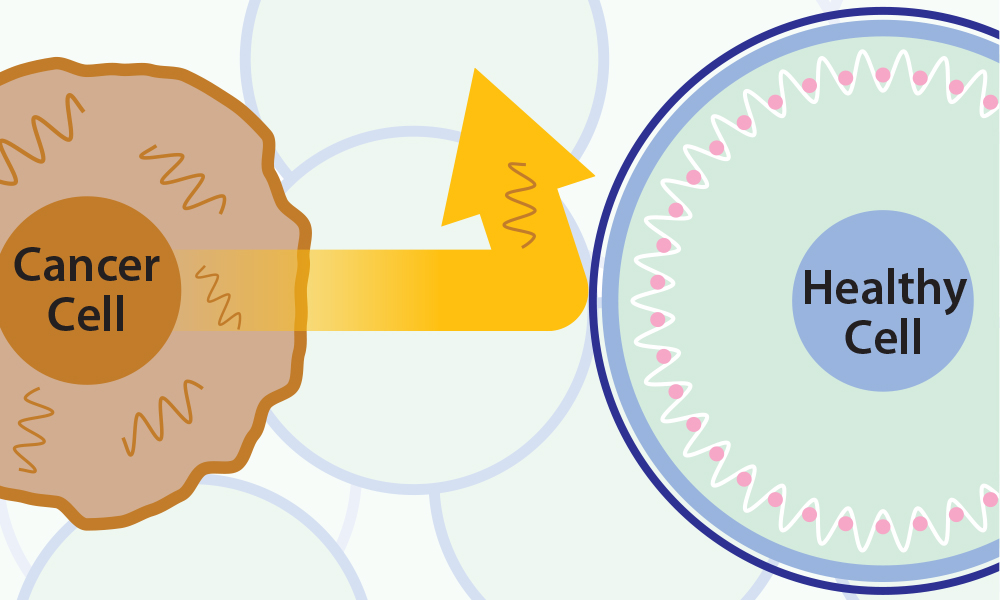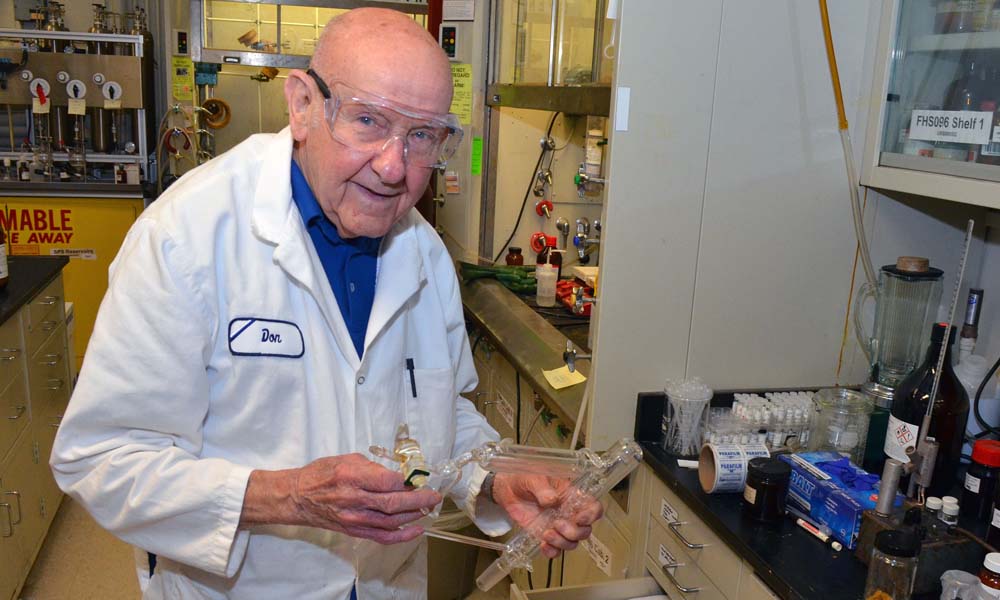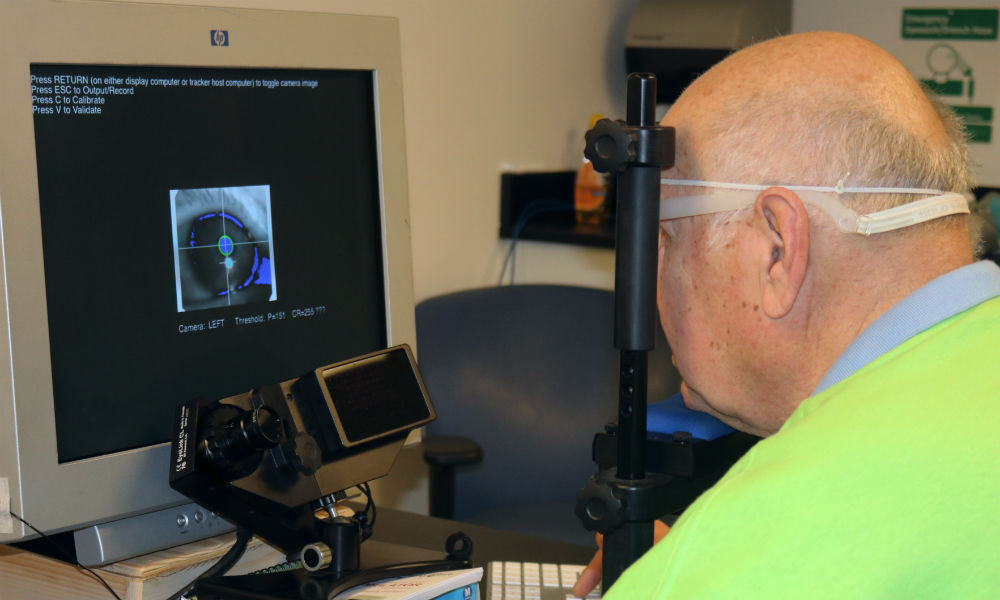
Science & Technology
Rochester chemists find new means to ‘block’ cancer cell growth
October 31, 2017
A pathway that enables embryonic cells to develop into different organs can be reactivated by cancer cells. A cyclic peptide has been found that can block the activation of this pathway, and is also less likely to trigger resistance in cancer cells.










